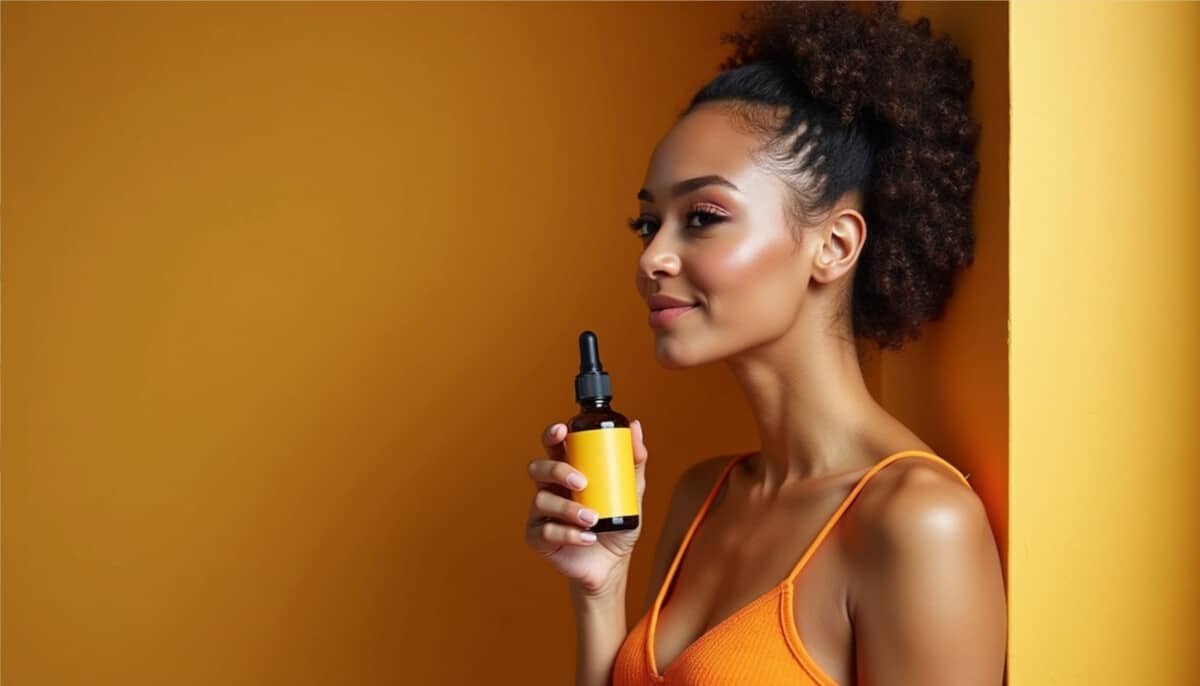Is pumpkin seed oil the next big thing for your hair? You’ve probably seen it in reels, or in a friend’s bathroom lineup, promising thicker, shinier strands. The short answer: maybe. The longer answer — and why you might care — is a little more interesting.
Why people are excited
Pumpkin seed oil comes from, well, pumpkin seeds. That sounds simple, but what’s inside is anything but: think vitamins, minerals, and essential fatty acids. Experts say those nutrients can nourish the scalp and make hair look healthier. Some also point to a possible ability to slow down DHT, the hormone often blamed for pattern hair loss. If you’re fighting thinning at the crown or across your part, anything that nudges follicles back toward growth sounds appealing, right?
You should know this isn’t magic. It’s more like giving your scalp better daily meals and a calmer environment to work in.
How it may actually work
Certified trichologists and hairstylists describe two ways pumpkin seed oil might help.
- It may reduce DHT activity, which can help with androgenetic hair loss.
- It supplies moisturizing and anti-inflammatory nutrients that soothe the scalp and nourish follicles.
One expert notes that topical use gives “cosmetic effects” fast — more shine and less frizz after one use — while ingestible supplements take longer, usually around three months, to show effects on growth. So if you want quick-looking improvements, rub it in; if you want structural change, give it time.
Topical or ingestible Which should you try
There’s no single correct choice here. Topical application targets your scalp directly. Ingestion takes a systemic route, supporting hair from the inside out. Many people do both. You might:
- Massage pure oil into the scalp for 30 minutes, then shampoo.
- Leave it on overnight if your hair tolerates the extra oil.
- Mix it into a hair mask for thicker hair textures.
- Try supplements if you prefer the convenience of capsules.
Expect cosmetic perks quickly and potential growth benefits with consistent use over months. Consistency is the one non-negotiable; no single application will rewrite your follicles’ story.
Safety and what to watch for
Pumpkin seed oil is generally safe. Still, some people report mild stomach upset when starting supplements, and because it can lower blood pressure, those on blood-pressure medication should be cautious. Topical reactions are uncommon but possible, so patch-test if you have sensitive skin.
Final take
So, will pumpkin seed oil grow your hair? It might help, especially if your thinning has a hormonal component or if your scalp is inflamed or dry. It’s not a guaranteed cure, but it’s a low-risk, nutrient-rich option that can be worth trying alongside other recommended treatments.
Would you try it? Tell us whether you’d go topical, ingestible, or both, and why. Leave a comment and follow us on Facebook and Instagram for more hair experiments and real-world results.
Before you go, check these celebrity-approved haircuts that make fine hair look instantly fuller.
Sources:
- www.elle.com/beauty/hair/a66038510/pumpkin-seed-oil-for-hair-growth/
- www.pmc.ncbi.nlm.nih.gov/articles/PMC4017725/
- www.pubmed.ncbi.nlm.nih.gov/33544448/



